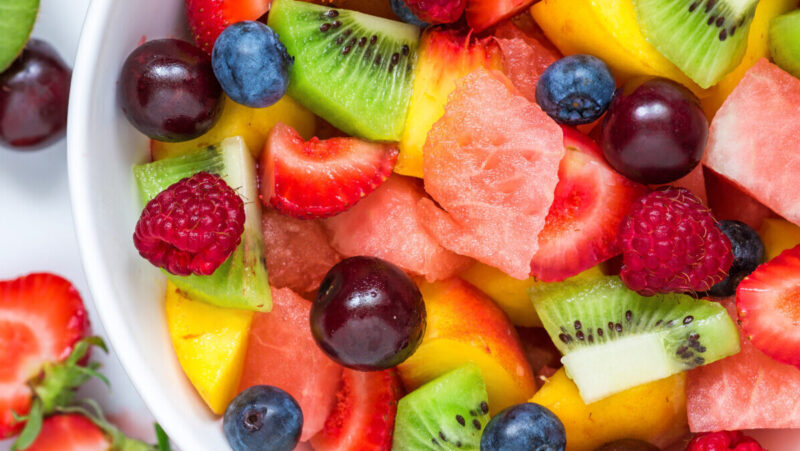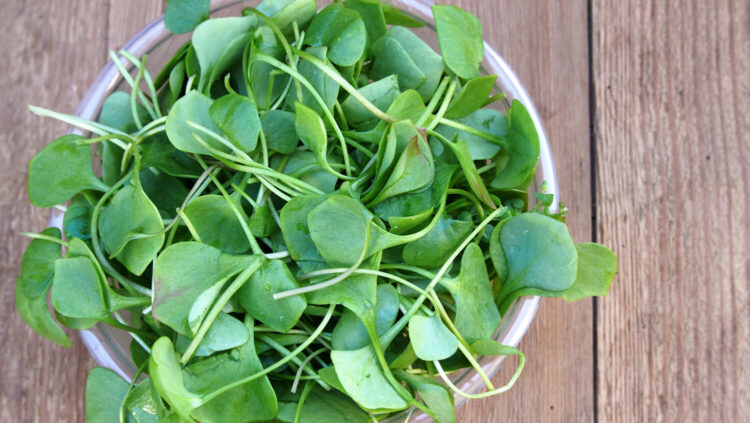7 Healthy Foods That Actually Get A Bad Rap

Nutrition rules are constantly changing, and it can be confusing keeping up on what’s good for you now that wasn’t 10 years ago, especially with all these different health claims floating on the web.
Some people are still afraid to drink their morning cup of coffee alongside their omelette, but with more research constantly being conducted, the truth about certain foods are emerging, and foods we previously thought were bad for us can actually be quite good.
If you’re trying to get caught up on nutritional myths, it can be helpful to know what supposedly bad foods are actually good. Next time you’re going grocery shopping, you don’t need to fear these seven healthy foods that get a bad rap.
1. Eggs
For years, people shunned eggs because of their levels of cholesterol. However, recent research has found that the dietary cholesterol in eggs has very little effect on total cholesterol and LDL cholesterol in the body. In fact, eggs contain other important nutrients such as protein, vitamin B12, and vitamin D that can actually help lower risk of heart disease.
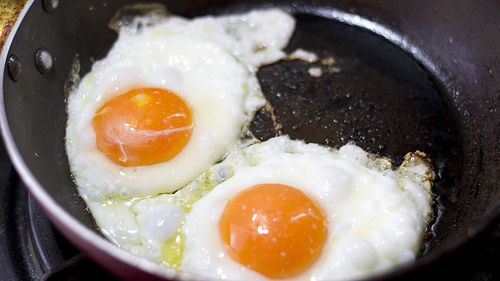

2. Potatoes
Long-feared for their starchy carbohydrate-content, potatoes actually contain a number of of important nutrients, including dietary fiber, potassium, the B vitamins, and vitamin C.
They rank highest of the most satiating foods, and they can help lower blood pressure as well as prevent against heart disease.
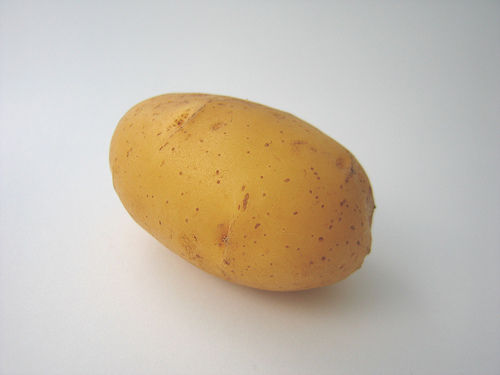

3. Coffee
For years, drinking coffee was considered a bad habit, but now researchers are uncovering a whole lot of good truths about the drink. Black coffee can help boost your memory, fight off diabetes, lower your risk of Parkinson’s and Alzheimer’s disease, and even help fight against cancer.
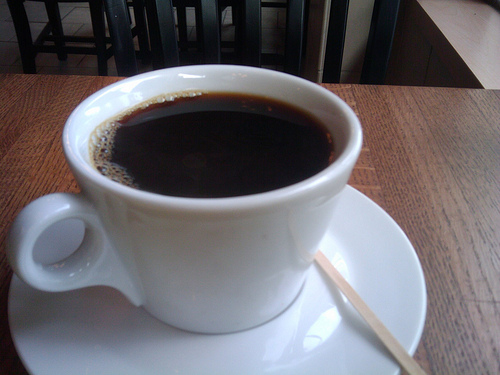

4. Chocolate
You probably grew up seeing chocolate as an indulgent dessert item, but dark chocolate made with 70 percent cocoa or higher is actually a powerful health food. It is high in antioxidants, can lower your cholesterol, fight off harmful UV rays, and lower your risk of heart disease.
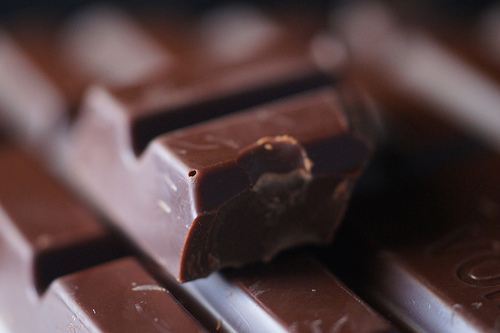

5. Frozen Vegetables
Frozen vegetables may seem like the cheaper, less superior option, but just because they don’t break the bank doesn’t mean they’re not good for you.
Frozen vegetables can actually contain more nutrients than their fresher counterparts, as they are picked at their peak ripeness and flash frozen, keeping their nutrients preserved.
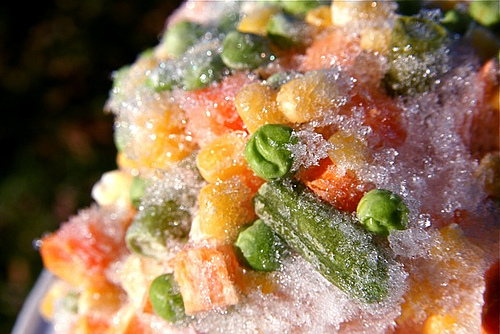

6. Popcorn
Movies have given popcorn the ultimate bad rap, but as long as the whole grain isn’t drenched in butter, it makes a great high-fiber snack food.
Popcorn is high in dietary fiber as well as antioxidants, and it contains healthy oils, vitamins, and minerals that can boost your overall health.
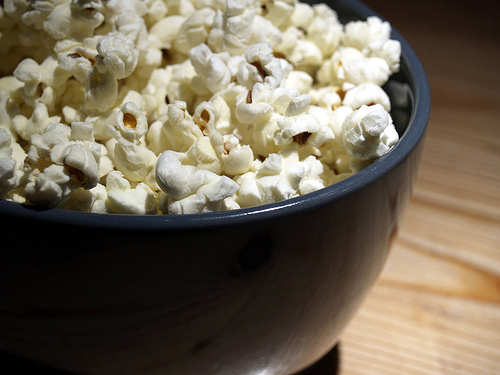

7. Full-Fat Foods
For decades, low-fat and non-fat foods were all the rage, but it turns out their full-fat counterparts may be the better option.
Eating full-fat dairy puts you at no larger risk of heart disease or diabetes than eating low-fat dairy, and foods with all or some of the fat removed often contain more additives such as salt, sugar, and thickeners to compensate for taste, which can make them the more unhealthy option.
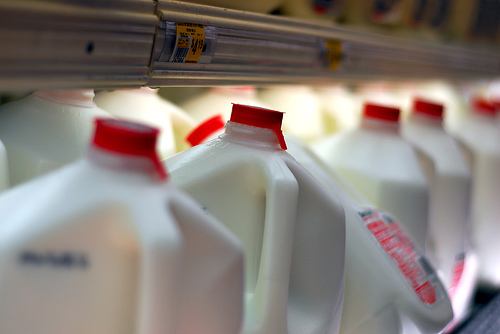

Photo by with wind



